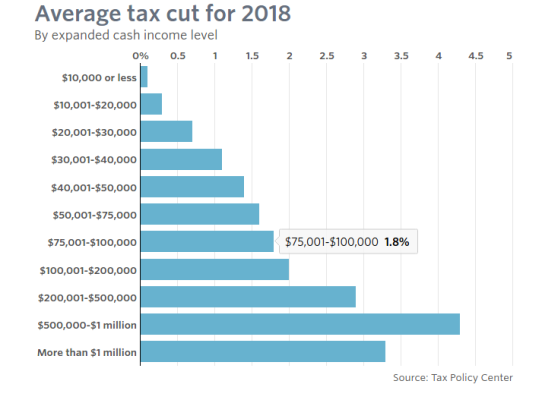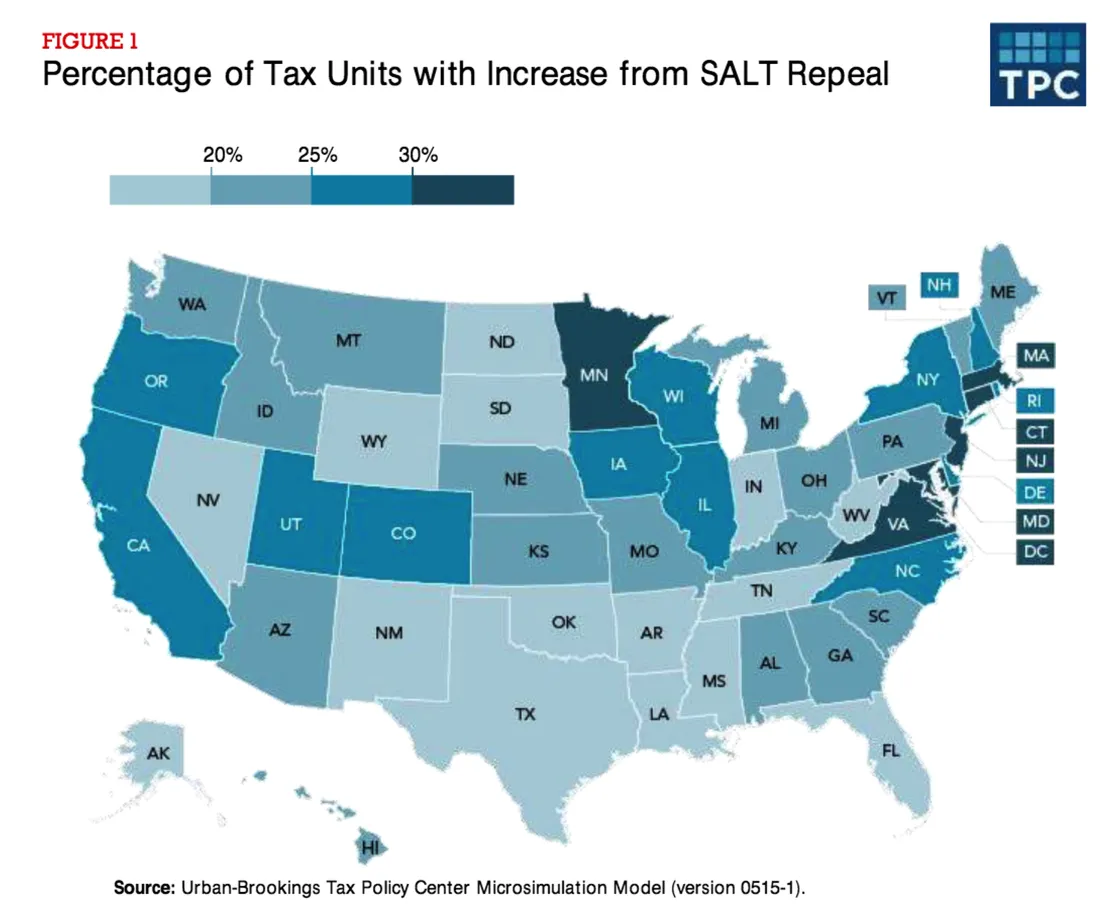W2R
Moderator Emeritus
I don't know what the odds are, but I couldn't believe it when it showed up on the screen! And I double checked all the entries.
Impressive!!! I never heard of that happening before. Congrats on some very astute judgment calls when determining your quarterly estimated tax payments.


